
It felt as if I had been taken by the scruff of the neck, sat down in front of the computer and instructed to write. The Osiriad was one of the strangest experiences I have ever had with words. I had long wished to see some order put into the scattered myths of ancient Egypt. We know so many of their stories, but for the most part, they stand alone, fragmented and disconnected from each other and therefore making little sense. I thought I should do the research and try putting at least some of the better known stories in order.
I never got the chance. I found I was playing catch-up with the research, fact checking translations of documents written five thousand years ago, carved on pyramids or tucked away in funerary texts.

What emerged was the story of Creation, a spotlight on the workings of natural law and a surprising look at the sophisticated and intimate knowledge of many modern sciences, presented in story form using the symbols of an ancient faith.
There is a deep understanding of what we now call psychology, cosmology… even a foreshadowing of quantum theories. But the tales in which these glimpses arefound are not dry and dusty, but still gleam with all the colours of a vibrant inner life. The Egyptians were not hiding their knowledge or reserving it just for the intellectual and social elite… these were the tales known in every household. What you understood from them would match your knowledge… or make you think. The stories would lodge in memory and be transmitted, heart to heart, gaining depth and insight as it was handed down.
And perhaps, at the same time, thousands of miles away, our own bards, storytellers and wise-folk were teaching in the same manner. Just as we do today, through the moral choices that make up the background of so many of our stories.
Continue reading at France & Vincent


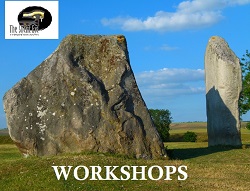

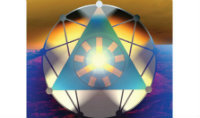





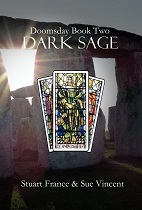













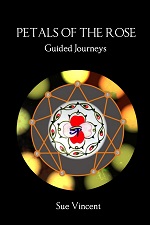






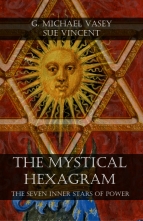









Their civilization was more advance than we are — in some ways — and far less advanced in others. And then they fell. A dark ages happened for 1000 years, followed by a rebirth. I have to wonder how many times humans have reached a pinnacle, civilizations have fallen, and the cycle started all over again.
We have to look at their knowledge, try to learn what went wrong to make their civilization fall, and leave stories etched in stone so that 1, 2, or 3 thousand years from now, there will be clear direction as to how to avoid another fall.
Will that work? Given the tendency for human scum to rise to the top, and the masses failing to be diligent, I doubt it. But we have to try.
LikeLike
There have been many civilisatiosn to rise and fall… and will be again, no doubt. Perhaps it is what rises to the top every time that needs to be addressed.
LikeLiked by 1 person